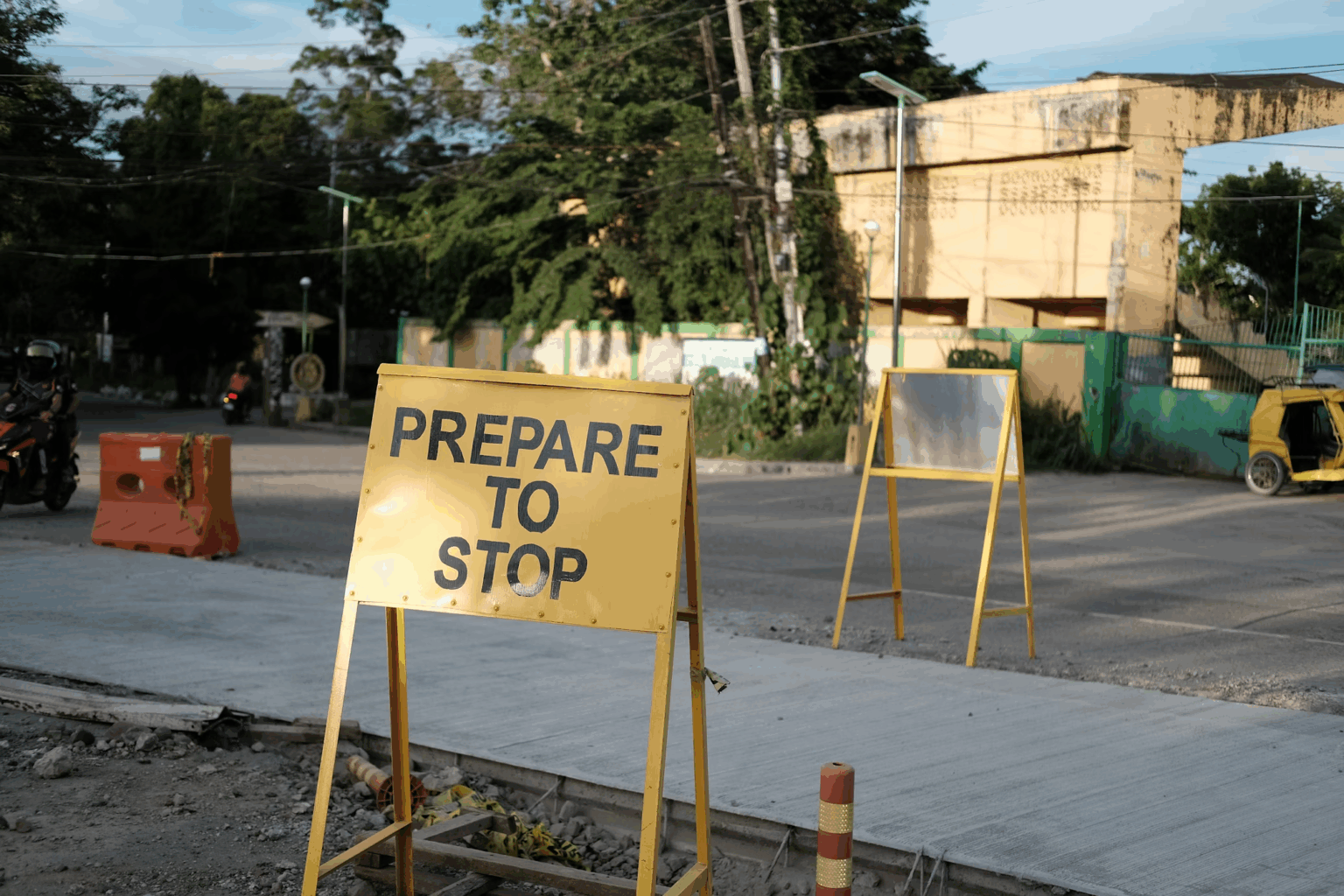Focus only on your own growth.
GapYear is a time for growth and happiness.

A gap year is a period before going to college, during your studies, or after taking a break from school.
You can travel, work, or volunteer in other countries or within your country.
It is very important to develop your skills and gain valuable experience for your career during your gap year.
What you can gain from taking a gap year
‘Work experience’ gained through work or volunteering
You can improve various abilities such as organizational skills, communication skills, teamwork, and initiative through activities you participate in during your gap year.
Improving foreign language or IT-related skills
You can learn new skills such as TEFL (teaching English as a foreign language), scuba diving, skiing, and snowboarding through various overseas experience programs. Show off your abilities by trying new challenges and experiences through trekking or volunteering in developing countries!
Time to prepare for your career
During a gap year, you can gain various experiences and activities that will help you build your skills and career related to your future career.
– You can develop maturity and independence.
– You can gain new perspectives on yourself.
– You can have time to decide what to do in the future.
If you take a gap year before or during your studies, it will help you to study again with a new mind or prepare for your studies. Many universities, including the Ivy League, recommend gap years to incoming students, current students, and graduates because it helps broaden your horizons and develop maturity.
My own career for my future career
It is important to plan a constructive gap year for your future career. Structured and well-planned gap year activities and experiences can be used as follows:
You can build your own experiences and skills to include on your resume when applying for a job or interviewing for the job you want later.
Your career will help you consider and research future career fields. This orientation can also show your future direction in a particular career field.
Having worked or traveled abroad outside of your comfort zone shows initiative and determination.
You can use another language in a practical way.
Understanding the ‘cost side’ of a gap year
A gap year offers many benefits. However, you should also be aware of the risks and challenges that come with it. These aspects are as follows: If you focus only on fun and relaxation, employers may not place any value on your gap year history. It is necessary to plan a gap year considering your direction and goals.
Additional tips for taking a gap year
Do your research – talk to people who have taken a gap year and ask for advice.
Take time to plan and prepare – Planning and saving money can take anywhere from 9 months to a year. Plan and set a budget that fits your gap year plan.
Don’t think of a gap year as simply a break – think about how you can use the skills and experiences you’ve gained during your gap year.
Think about the time you have to prepare and think about ways to help you chart your future course.
Think about the skills you have and how you can use them – think about ways to use things like mentoring, sports, first aid, language skills, and childcare.
Check out various gap year programs on the Korea Gapyear website.![]()

“Like” the Korea Gapyear page